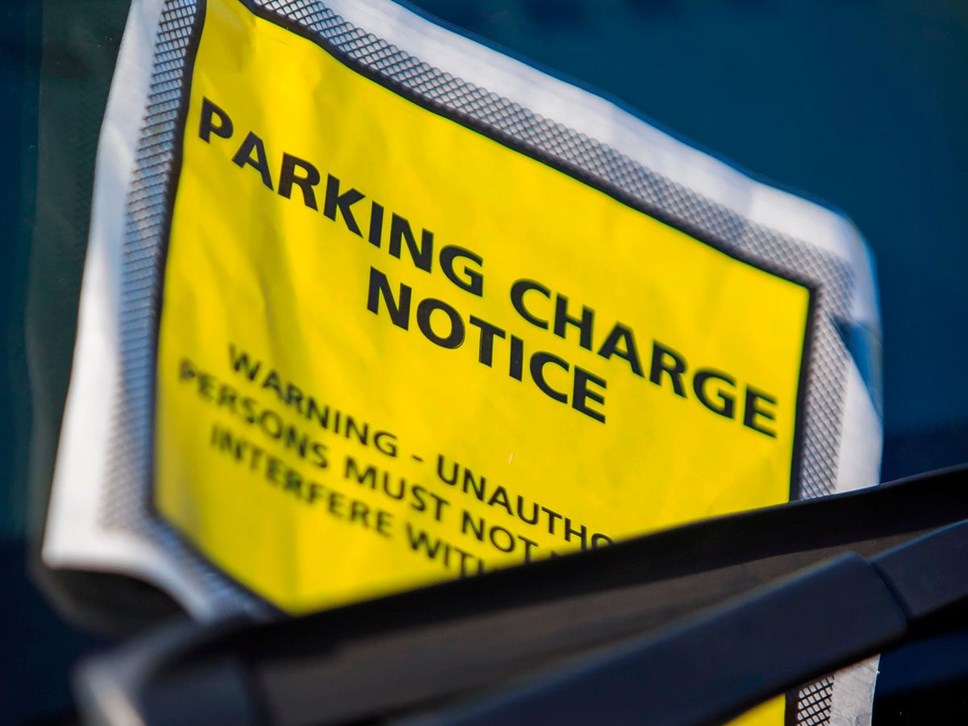
Monday Musing: Thoughts of the Council(s)
Public Affairs and Communications Officer Glenn Dives reviews some recent research commissioned by the BPA about local authorities parking penalty charges.
At the BPA, we are constantly looking for new and informative means of promoting the parking sector. I, therefore, read with great interest some recent research commissioned by the Association that sought the thoughts of UK local authorities on parking penalty charges.
The research revealed an overwhelming consensus from local authorities about the need to review and raise the level of the parking penalty charges they issue. This change is necessary to make the system of parking penalty charges a more effective deterrent to inconsiderate and rule-breaking parking. Additionally, local authorities also want to see greater consistency between the level of parking penalty charges in London and those outside the capital, including other major cities and urban areas.
In terms of the detail, 91% of local authorities agree that the current penalty charge level outside of London is not high enough to deter or discourage motorists who engage in parking that contravenes the rules of parking either in a car park or on-street, especially where parking is not allowed.
Selfish and inconsiderate parking has the effect of increasing congestion and making it difficult for responsible motorists to park and to get on with their daily lives. An example of this type of behaviour was seen across the UK this summer. Following the lifting of restrictions after lockdown, people flocked to coastal resorts to enjoy the weather with chaotic results. These towns were inundated with people who had little or no consideration for the local parking rules and choose to view any fines they received as a part of the holiday. A £40 parking charge split four ways is hardly an effective deterrent to a group of people determined to enjoy the sun regardless of the cost.
While that example may be specific to the events of Covid, it is a situation that is all too common to local authorities across the country.
95% of respondents agree that the Scottish Government is right to review and increase its penalty charge level and that something similar is required in England and Wales. They believe that such a change would be hugely beneficial in encouraging better compliance with parking rules and support transport plans including active travel. The flouting of local parking rules is creating unnecessary work for LA's and distracting them from being able to implement innovations to local transport.
This last point is an important consideration for those of us within the parking sector, as we are aware of the importance of effective parking management in supporting sustainable growth, supporting active travel, and improving road safety.
Sounds great I can hear you say. But what exactly is the crisis here? Well, the real issue is that there has not been any formal review on the part of National Government into the appropriate level of Penalty Charges since the early 2000s when there were far fewer vehicles and road users.
Just let that sink in… the system was set up twenty years ago based on the behaviours and costs then. Consider this as an example of how much of a problem this is. What if your employer insisted you could only use 20-year-old mobile phones: you too would quickly argue that the situation isn't fit for purpose.
Correspondingly, separate data from a leading car park operator found that a proposed reduction of the level of the parking charge in the private sector would lead to an insufficient deterrent. The expected results are likely to be an increase in rule breaches and therefore more parking charge notices being issued in privately operated car parks. This is an outcome that no one wants to see.
That is why it is vital why the BPA believes that the UK Government urgently reviews the parking charge notice and seriously considers raising the level of the charges everywhere to encourage compliance with the parking rules. We will continue to work closely with all devolved governments as well as calling for effective deterrents to inconsiderate parking both on public roads and in private car parks.
